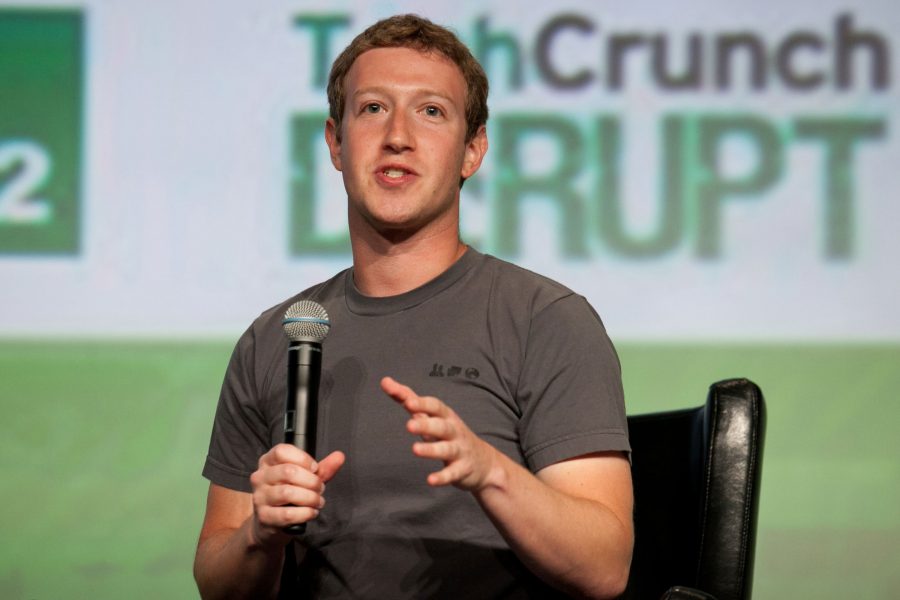Editorial: Despite violence on social media, government should not censor content
April 20, 2017
Over the last year or so, many social media websites have introduced new features that allow users to stream live video to their followers.
Facebook Live is perhaps the most popular of all the new live streaming services. Its creators likely introduced the service to allow people to stay more connected to their friends and family. While many people have used live video streaming responsibly, a few individuals have used the service to broadcast heinous acts of violence.
Most recently, a man from Cleveland, Ohio, live streamed himself committing a homicide. A manhunt ensued in the days that followed, which ended a few days later when the “Facebook Live killer” committed suicide as law enforcement officers were closing in on him.
This incident, along with a number of other acts of violence that have been captured on social media, has caused people to question what should be done about this growing trend.
Other acts of violence that have been chronicled on Facebook include posts about rape, hate crime and suicide.
A major reason why perhaps certain people publicize violence on social media is to seek attention from the public. This in turn inspires copycats to do the same, which can lead to violence occurring more frequently.
In the wake of the Facebook Live murder, the social media site sent out a statement that said, “This is a horrific crime and we do not allow this kind of content on Facebook. We work hard to keep a safe environment on Facebook, and are in touch with law enforcement in emergencies when there are direct threats to physical safety.”
The social media site also has checks and balances in place to combat, and in some cases, remove inappropriate content.
In today’s society where social media allows people to broadcast themselves to the public, questions may begin to arise about whether or not the government should censor what users post online. While one could make a strong argument that something should be done to restrict people from posting murder videos on Facebook, one could also argue that it is not the government’s place to enact those policies.
If the government were to adopt the power to control what is posted on the Internet, there is no telling how far that censorship could go. There is also the issue of whether or not the First Amendment would allow the government to control content that is posted on the Internet.
Ethically, the responsibility should be placed on those in charge of the social media services, and many sites like Facebook already do have policies and procedures in place to report harassment and violence. Facebook in particular has enjoyed tremendous financial success with over a billion users worldwide, putting even more of an emphasis on the responsibility they have to ensure suspicious posts are dealt with.
Mark Zuckerberg, CEO and co-founder of Facebook, recently addressed this very issue when he said, “We have a responsibility to continue to get better at making sure we are not a tool for spreading [violence].”
Users also have a social responsibility to report suspicious content that they see on the Internet, just as they would if they were to witness a crime in person.
If the government were to step in and decide what content users are allowed to put online, then the free speech of responsible users could be put into jeopardy. If social media is subject to government censorship, then what is next for free speech?
Free speech is a right that has been engrained in the American culture for centuries. In the words of Benjamin Franklin “those who would give up essential Liberty, to purchase a little temporary safety, deserve neither liberty nor safety.”



